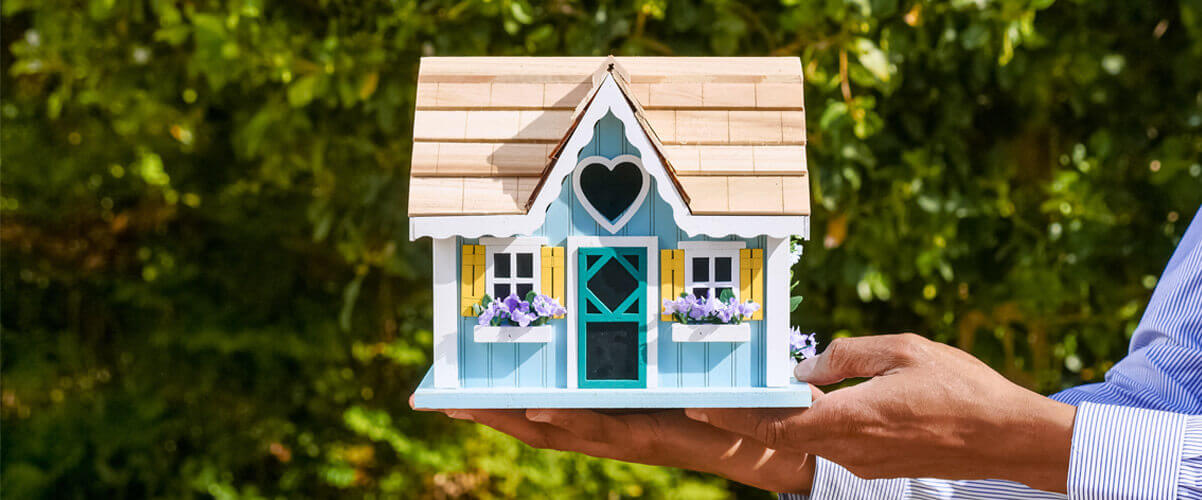
Is Investment into a Second Home Profitable?
Buying a second home can be an exciting milestone for any homeowner, but many Canadians are uncertain of how to go about it. Whether you're searching for a new vacation home, interested in earning rental money, or both, understanding the procurement process can help set you up for success. In this guide, we cover the basics of second-home investment and weigh the pros and cons of buying a rental property.
Investing in a Second Home: Everything You Need to Know
When purchasing your second home, the mortgage application process will be largely like that of your first home. Your lender will evaluate your debt ratios, credit history, and income information, to determine your eligibility for a mortgage. Of course, there are a few key areas of your application that may differ. Here are some considerations to consider:
The Down Payment
The larger you make your down payment, the more you will save in the long run on financing charges. A smaller down payment implies a larger mortgage loan, which leads to greater interest costs over time.
Investment Property Vs. Owner-Occupied Property
Another important consideration is whether you intend your second home to be an investment property. Owner-occupied properties refer to homes that you will be personally occupying. Rental properties with more than one unit where you are occupying one unit and renting out the other ones are considered owner-occupied-rental.
Tax Implications of a Second Home
When filing your taxes, it is important to note that you can write off many of the expenses incurred to earn rental income. Mortgage Interest paid, Property taxes, utility costs (if not covered by tenant), professional fees (repairs, cleaning, etc.), advertising fees, and insurance costs are all examples of potential eligible write-offs for Canadian rental properties.
Pros and Cons of Investing in a Second Home
Should you buy a second property? The true answer is— it depends. Each homeowner is different in their goals, financial situation, and circumstances. Only you can know what decision is best for you, however, here are some pros and cons you can consider:
Pros:
Rental Income
Asset Appreciation
Tax Write-Off
Cons:
Cost Considerations
Tenant Risk
Opportunity
Potential income tax
How Much Can You Earn Off of a Second Home?
If you are planning on buying a second home for exclusively personal use, the profit you will make will come from the sale of your home. While holding the home as an asset and selling it after several years can generate profit (which will be subject to taxes), the impact of inflation and the uncertainties associated with the housing market may not make this the best option.If you are interested in earning more off your second home, you should consider renting it out. It is very possible to occupy a home for personal use whilst also renting out another unit within the property or leasing the entire property when you are not using it (for seasonal homes such as cottages).A second home can be a great investment, and there are multiple ways you can generate revenue from your purchase. However, the most difficult hurdle will be financing your investment.
Luckily, Rajan Saggi can help. If you are a current homeowner and own at least 20% of the equity in your home, you may be eligible for an equity-backed loan such as a Home Equity Line of Credit (HELOC) or a second mortgage. You may also be able to pull funds out of your equity through a reverse mortgage.
Contact Rajan Saggi, Senior Mortgage Consultant @ 604-767-505 to book your free consultation today!
<< Back